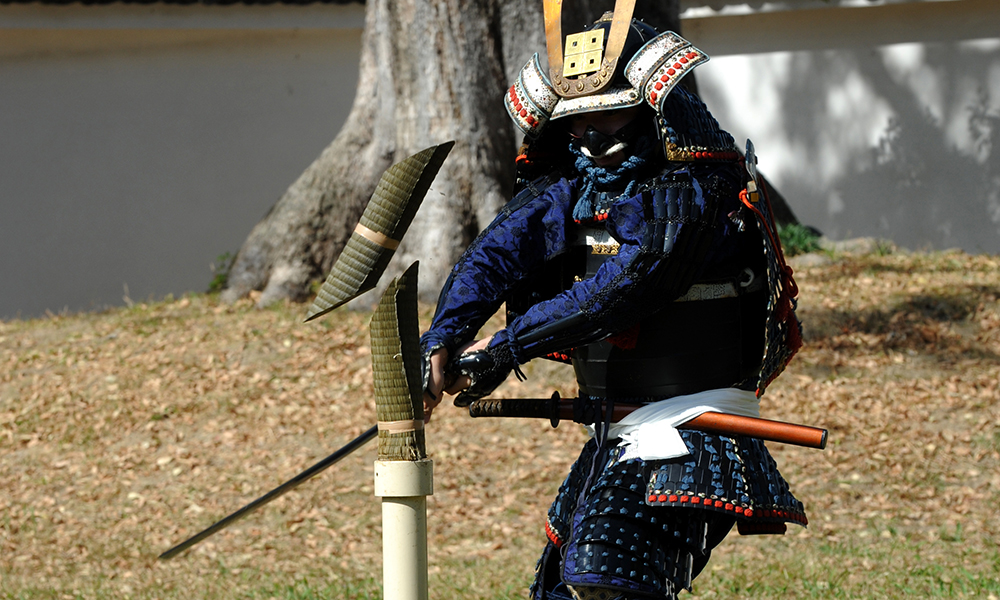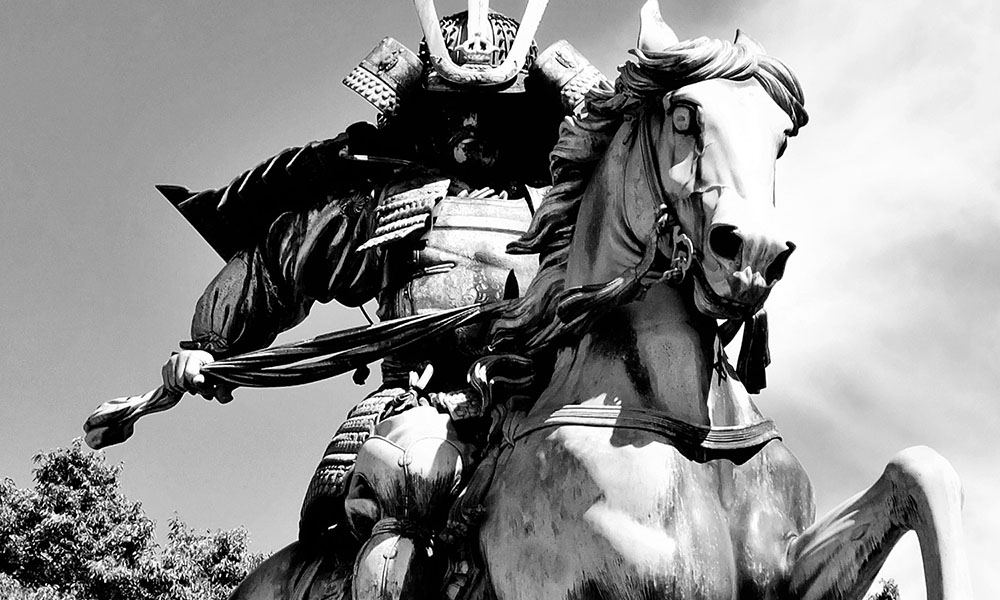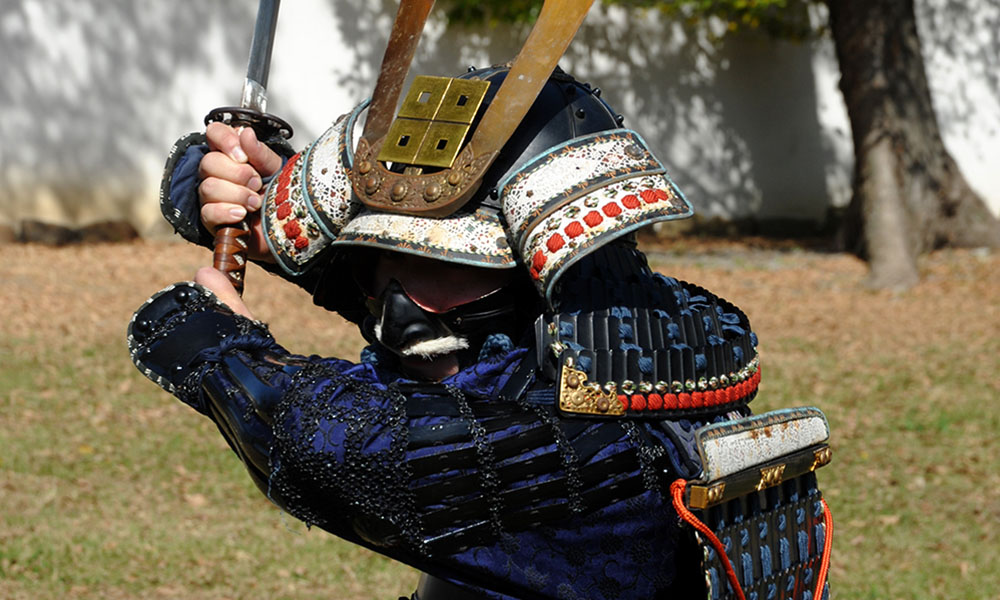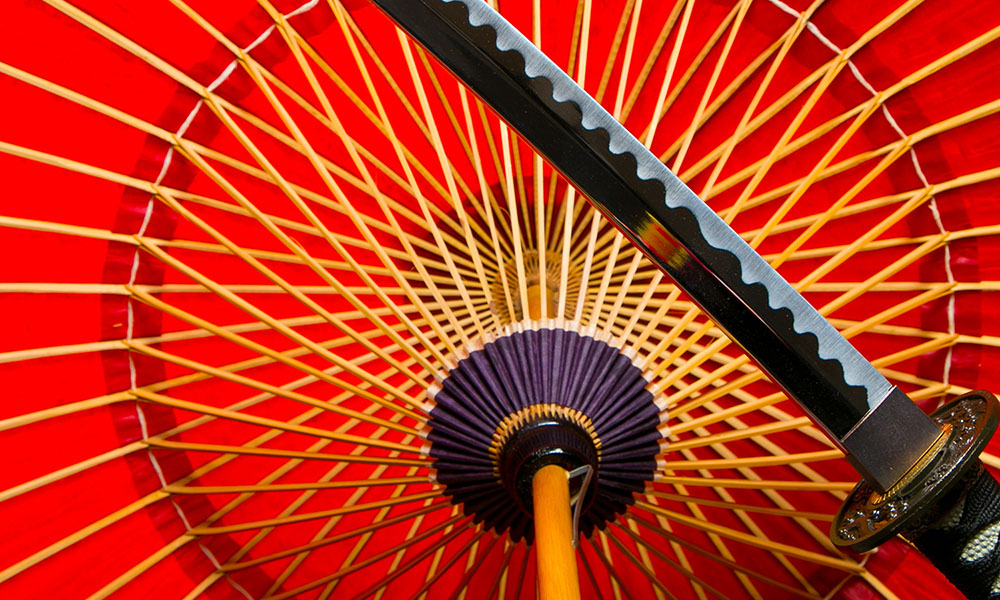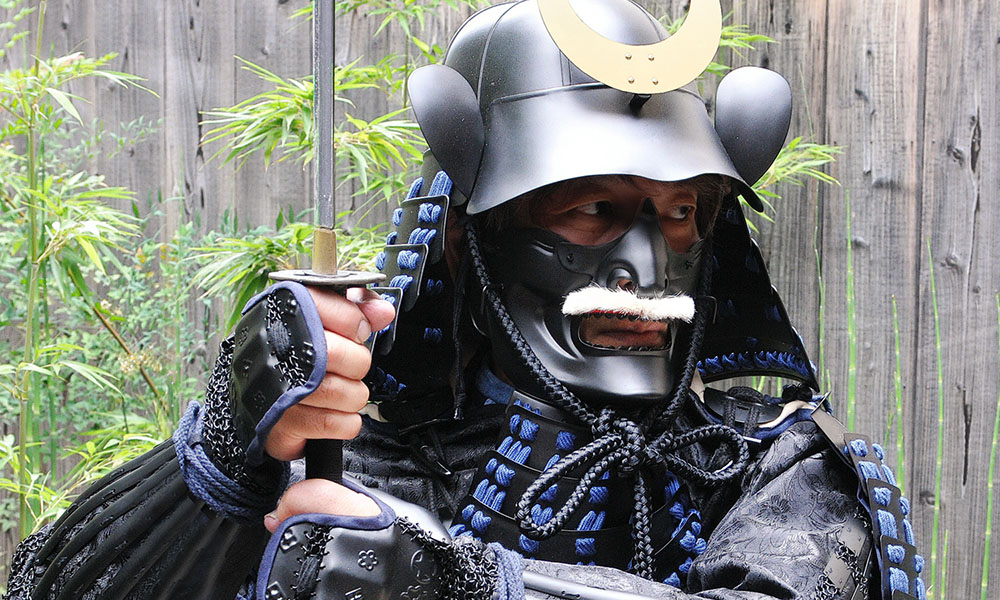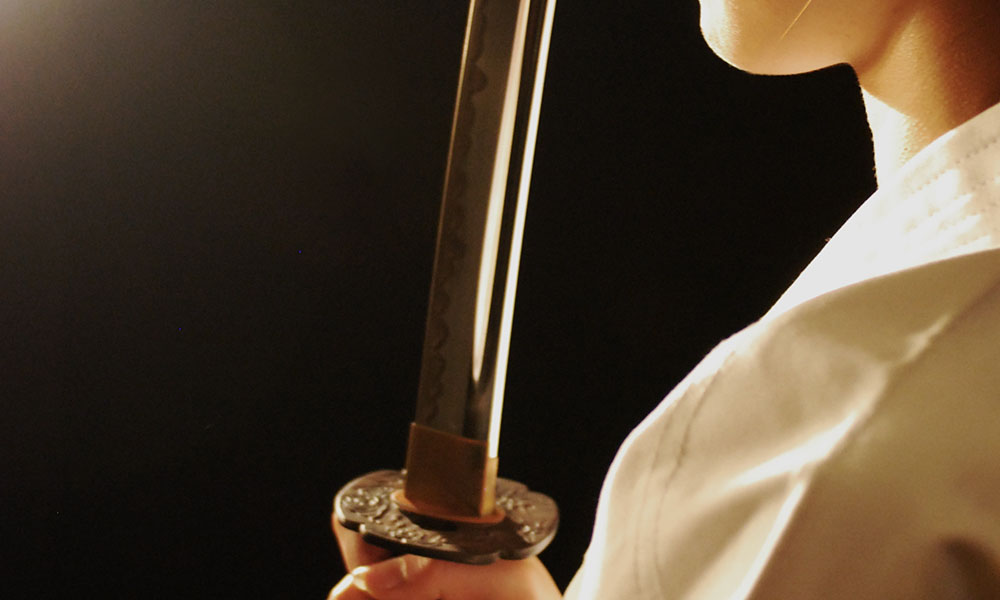The Japanese Sword and the Japanese Idioms Part 5
Previously we have shared 4 articles introducing Japanese idioms that derive from the sword, for which we have received positive feedback as well as requests for more idiomatic expressions. Upon further research, we found plenty more. Here are 7 new idioms we would like to add to the list. Kitaeru Read More


